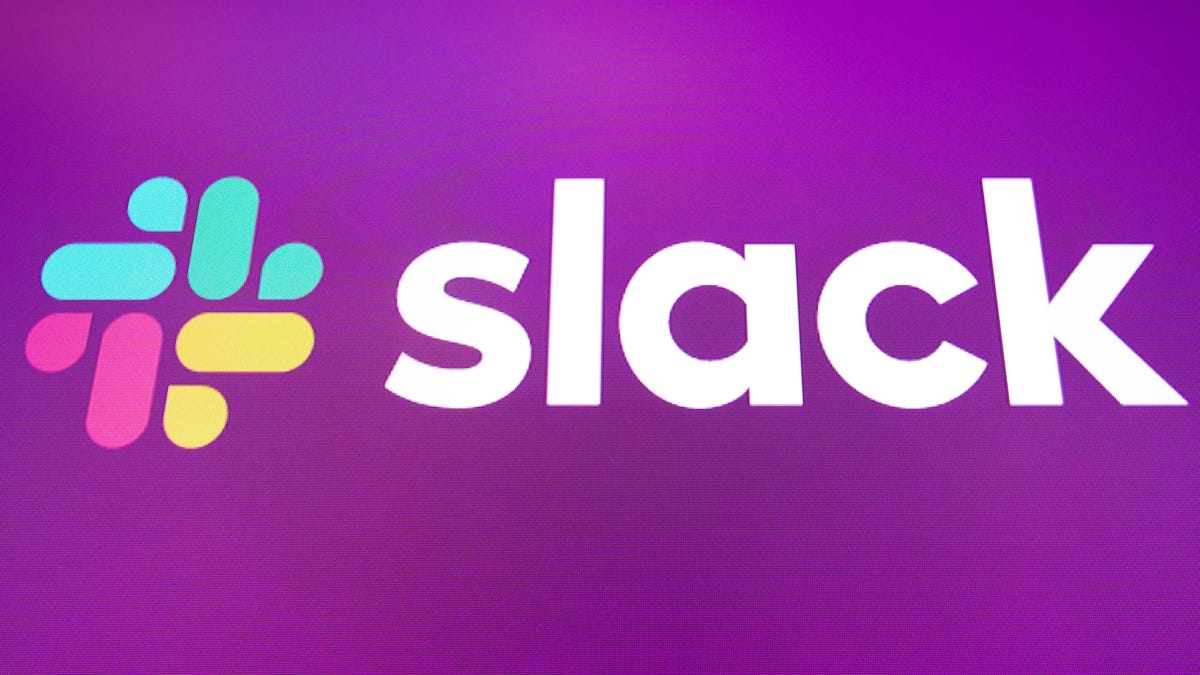Is Your Workplace Slack a Surveillance Tool? - 3 minutes read
 Is Your Workplace Slack a Surveillance Tool?
Is Your Workplace Slack a Surveillance Tool?Slack markets itself as a tool to increase productivity and portrays other forms of communication, particularly email, as outmoded. Even employees who sit feet away from one another in open areas eventually prefer slacking each other rather than communicating verbally. It seems somehow easier, after all, and maybe less disruptive. But it also feels like a good way to keep a conversation private.
The truth, though, is that Slack has become as much a tool for corporate surveillance as email had been in the decades that preceded Slack’s 2013 launch. And workers have good reason to avoid discussing anything on the platform they wouldn’t say aloud in an elevator standing next to their boss.
In an article for the Wall Street Journal this summer, reporter Sarah Krouse wrote about the numerous new ways employers are mining internal data to keep tabs on their workers, including text messages and recorded calls on company phones, and yes, even Slack messages. One company mentioned in the piece, Bunch.ai, even markets a tool used to analyze Slack conversations. It can supposedly report on, among other things, workplace morale. (The company says it does not show employers individual-level data and performs its own audits, presumably to ensure it doesn’t get classified as a surveillance tool.)
Regardless, corporate Slack accounts can allow bosses to view any messages, including those that Slack’s interface convinces workers are confidential.
Luckily, it’s fairly easy to determine if that’s the case without having to ask your boss directly. Simply type in the following URL and insert your own team name, hit enter, and then click “Retention and Exports”:
If your settings show the following message, it means your boss can view direct messages between anyone, as well as conversations that take place in purportedly private channels (indicated by a padlock icon):
That same page in settings will also tell you more about the retention policies at your company, i.e. how long conversations are stored before they’re automatically deleted. Some companies may choose to delete messages after a set period of time in an effort to limit their liability, since internal messages can wind up for grabs, or even be made public, during civil litigation.
If you’d prefer to keep your workplace conversations private, it’s best to take them elsewhere. The encrypted messenger Signal (App Store/Google Play), for example, allows for the creation of groups and you can even set messages to self-delete whenever you’d want. It’s best to remember that you’re only as secure as your weakest link, so probably don’t invite the coworker with the loose lips into the private group you started to shit on your boss’s terrible decisions. They can always take screenshots.
Source: Gizmodo.com
Powered by NewsAPI.org
Keywords:
Employment • Surveillance • Tool • Market (economics) • Tool • Productivity • Communication • Email • Employment • Open economy • Disruptive innovation • Value (ethics) • Truth • Tool • Surveillance • Email • Value (ethics) • Elevator • The Wall Street Journal • Data • Text messaging • Telephone • Artificial intelligence • Tool • Conversation • Employment • Company • Employment • Data • Audit • Surveillance • Tool • Corporation • Financial statement • URL • The Padlock • Icon (computing) • Liquidation • Instant messaging • App Store (iOS) • Google Play • The Weakest Link (UK game show) • Loose Lips (TV series) •